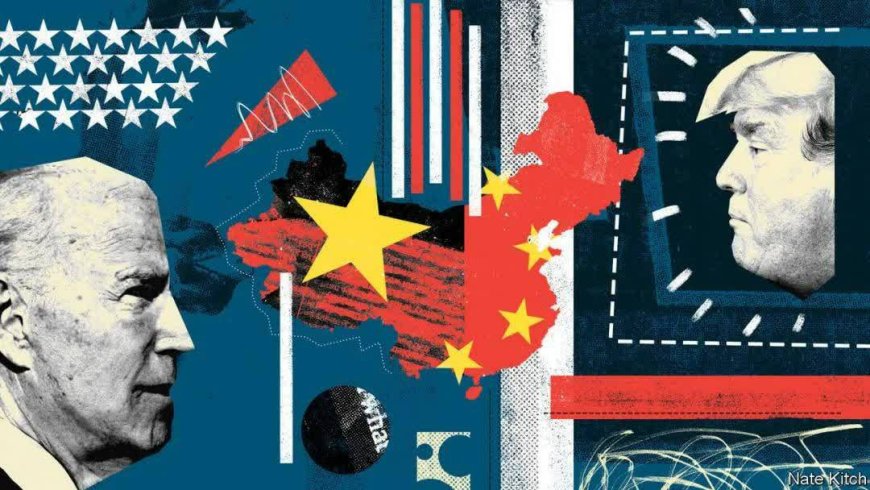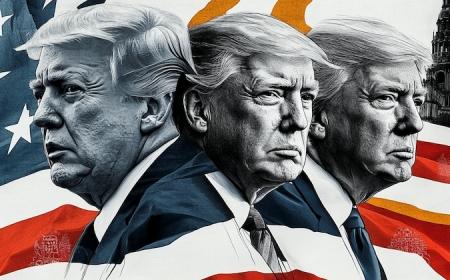The Dragon's Tango: China's Strategy in the US Presidential Race
In recent days, Beijing played host to a pivotal political gathering in China, an annual affair of great significance. Among the topics under scrutiny at this event was China's role as a prominent Asian player in the burgeoning and evolving landscape of the Eastern hemisphere. Notably, discussions centered around the advancement of the One Belt One Road mega-project and the consequential outcomes of investments poured into it, elucidated before esteemed attendees. However, a focal point of scrutiny at this assembly was the imminent US elections, a globally momentous event wielding considerable influence over the foreign policy trajectories of numerous nations worldwide. In response, China is meticulously strategizing to navigate and ascertain the most judicious foreign policy stance vis-à-vis this impending affair.

In recent days, the US political arena has witnessed the formal emergence of Joe Biden and Donald Trump as the primary contenders representing their respective parties, gearing up for the upcoming presidential showdown in the United States. Drawing from a wealth of experience interacting with both US electoral contestants over the past quadrennial cycle, China finds itself well-versed in discerning optimal strategies tailored to each candidate's unique disposition. Opinions diverge on which candidate aligns more favorably with China's interests, a multifaceted conundrum warranting closer examination.
The prospect of a Trump presidency raises concerns for China, given the tumultuous tenure of his prior incumbency. Trump's punitive imposition of hefty trade tariffs on Chinese imports precipitated a slew of challenges for Beijing, impeding the nation's economic growth trajectory. Moreover, Trump's assertive posturing compelled China to tread cautiously on the diplomatic front, notably curbing its proximity to North Korea—a key Chinese ally—while dampening energy exchanges with Iran. The deleterious ramifications of Trump's policies on China have prompted international observers to caution against wagering on his electoral resurgence. Nevertheless, a Trump re-election could engender certain favorable outcomes for China, such as an opportunity to rekindle ties with Europe. Trump's unilateralist tendencies alienated several European nations from the US fold during his tenure, creating an opening for China to fortify its European relations, as posited by numerous experts.
Conversely, a Biden victory is perceived as a boon for China, heralding a period of economic equilibrium in US-China relations, a departure from the volatility witnessed in the preceding years. Under Biden's stewardship, China adopted a more assertive stance in international affairs, exemplified by its steadfast support for Russia amid the Russo-Ukrainian conflict, notwithstanding Western sanctions. China's bold declarations regarding Taiwan's status, despite US admonitions, underscore its unyielding resolve on critical geopolitical matters.
In summation, the selection of either US presidential candidate carries a nuanced blend of advantages and drawbacks for China, underscoring Beijing's adaptability and preparedness to engage with either eventuality. A Biden re-election could potentially impede China's overtures towards Europe, given the widening chasm between China and the European Union in recent times. Conversely, a Trump resurgence presents a dual-edged sword, affording China an avenue to bolster ties with the EU while necessitating deft diplomatic maneuvering to leverage Asian-European alliances for strategic gains on the global stage.













































